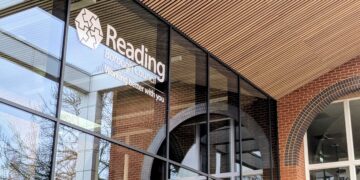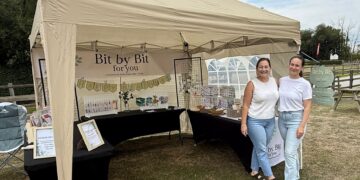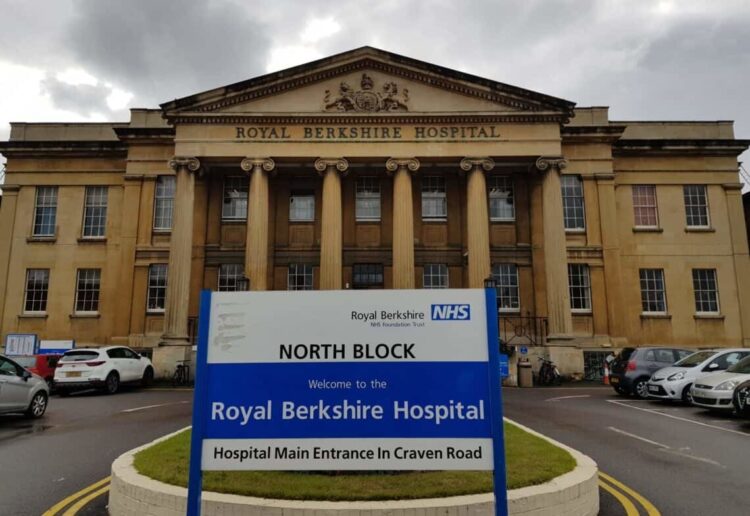NEW FIGURES from the NHS have shown that one million more GP practise appointments are now available in the south eastcompared to pre-pandemic levels.
As of March this year, 4.5 million appointments with healthcare professionals were offered in the region compared to 3.5m in March 2019.
It comes a year after the Department of Health and Social Care worked with the NHS to launch a delivery plan to recover access to primary care across the UK.
Nearly all of the general practises in the south east has transferred from analogue phone lines to digital and many offer online consultations.
This makes it easier to request help from practises and for healthcare services to respond through online forms.
Almost 4,000 additional staff have been recruited in GP surgeries since 2019.
The plain laid out to improve healthcare provision aimed to tackle the “8am rush” which patients experience when attempting to book appointments for primary care.
As much as £645 million could be invested over the two-year plan to improve patient access to their records, expand self-referral within integrated care boards, expand pharmacy services, and improve access to GPs.
It also aims to ear-mark more than £380 million to employ more staff and deliver more specialty training and pension reforms to improve retention of general practitioners.
Dr Tim Caroe, GP and Medical Director for Primary Care Transformation for NHS England South East Region, said: “Record numbers of people are seeking support from their GP practice and a significant number of additional appointments are being offered now compared to pre-pandemic times.
“To help people get the right help from the right person, we are providing special care navigation training to reception teams.
He explained: “This training helps teams to ask patients about the problems they may be having to direct them to the right health professional in the team, such as mental health professionals, physios, and pharmacists.
“This means that people can get the specialist help they need without needing to see a GP first. This helps them get the right care more easily and quickly, and frees up GPs to deal with patient care that need their particular expertise.
“People can still walk into their surgeries to get help, but we are also investing in improving telephone and online systems so people can easily contact their surgery in a way that suits them.”























